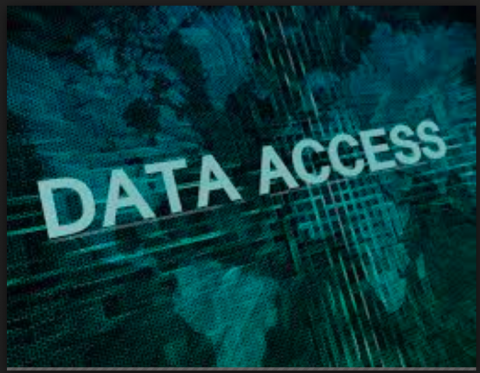Unsociable Hackers Ruin the Social Media Party

Social networking has changed the way we interact with friends, family and associates, writes Natasha Brown from Fifth Step. While social networks like Facebook, Twitter, LinkedIn and YouTube, play a significant role in most of our lives they are an increasingly high-risk target for cyber attacks. With hundreds of millions of users across various online platforms, these sites not only attract friends and family, but also people wanting to know about you for the wrong reasons.
Having Your Identity Stolen
Even if you have all your social media accounts on the highest security settings, you are by no means immune to identity theft. There are many ways for someone to gather your information but there are also many ways in which you can reduce the lure of that information by making it harder to steal.
Strong password: Grey’s Anatomy or Game of Thrones?
The obvious statement here is ‘ the stronger your password, the harder it is to guess’. Using special characters like capital letters and symbols when creating your password can help create a stronger password. Common passwords, like your birthday or your pets name should be avoided. It is also highly recommended that every login, has a different password. One recommended way to create a strong password is to create a story one or two sentences long. Take the story and use a single letter or symbol to represent each word. That ‘code’ will then become your password i.e.
"I watch Grey's Anatomy at 9.40" gives me the password "IwG'sA@9.40"
Status updates
We often post status updates that would give an identity thief information they need to steal our identity. For example, a popular security question is “What is your mother’s maiden name?” therefore posting “Happy birthday Mum!” and then tagging her in the post on social media is a bit of a giveaway . Your mother’s maiden name will likely be associated with that tag now. If you share that information online, you run the risks of identity thieves getting the answer to this commonly used question.
‘A recent Stratecast study states that 22% of social media users have fallen victim to a security-related incident, and recent documented attacks support the numbers. The Pony botnet affected Facebook, Google, Yahoo, and other social media users, stealing more than two million user passwords’ - Source: McAfee
Letting Stalkers Find You
By using social media sites, you are posting personal information. Once anything is posted online, it’s no longer private. The more you post, the more vulnerable you can become. Even with the highest security settings, friends, associates, and even the brands you follow, can unknowingly leak your information.
When you browse a website, companies often use invisible markers on your computer - cookies as they are often known as. When online, these ‘cookies’ track your activity as you move from site to site. You can keep sites from tracking your activity by clicking on the “Do Not Track” feature.
Open House: Burglars Knowing Your Location
This is one area people don’t often think about. Allowing the online world to know where you are and what your doing at any time you aren’t at home is putting your house on the market for burglars. Burglars like constant updates, especially about your travel plans.
Where you have gone will give an idea of how long you may be gone for. Simple remedies such as following this simple three-step guide can help:
• Not posting where, when or how long you will be away
• Wait until you are home to post about your travels
• Only allow certain groups to view your profile, statuses and pictures
Overconfidence
Being overconfident in the firewalls and antiviruses installed on your computer is a big threat to online security, whether that is at home or work. Many believe having these installed will solve all security problems. Another area of over confidence is the common belief that you don’t have anything worth stealing so you shouldn’t worry about security.
Today’s technology allows us to be connected to everyone constantly more than ever before. Neglecting security, you not only put yourself at risk, but others as well.
The combination of all of the above along with other Phishing techniques allows an identity thief to build a complete profile of you. They will often take small bits of information from your various media accounts making it subtle enough for you not to notice until it’s too late.
Knowing what threats you are vulnerable to and taking the precautions to minimise those threat to yourself is a key first stage of security on social media.
To learn more about identity theft and the steps you can take to help prevent it, email: enquiries@fifthstep.com
ChrisDon